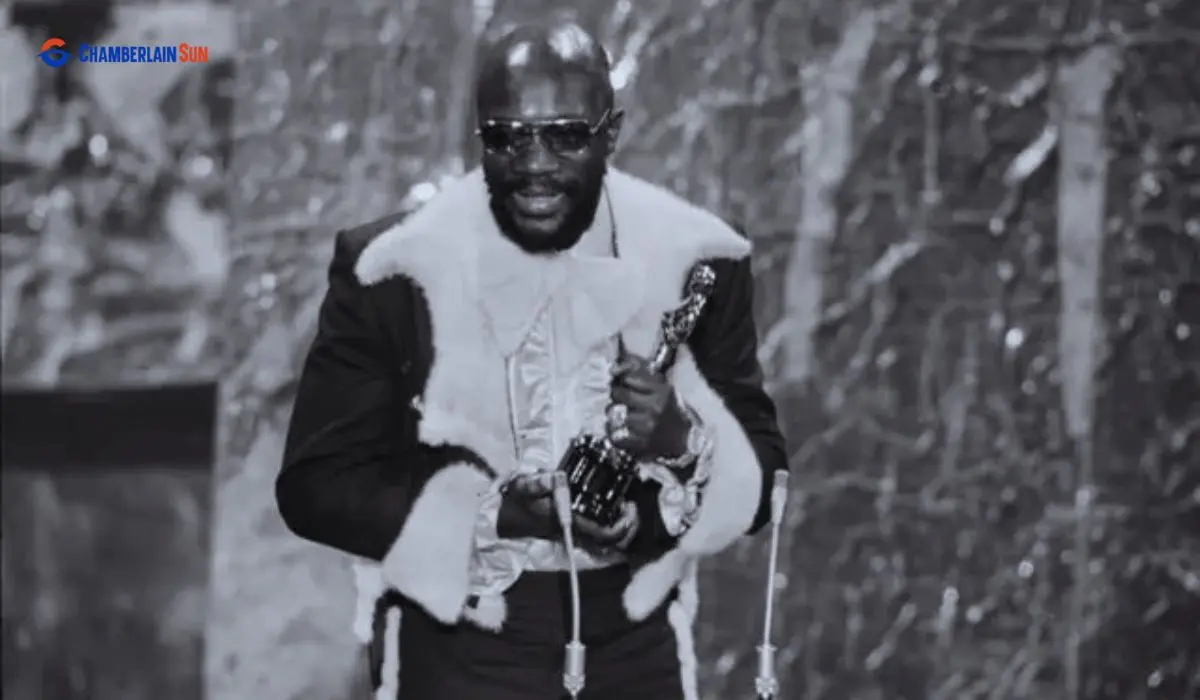In a developing legal dispute, the campaign team of former U.S. President Donald Trump has denied the claims made by the family of the late soul singer Isaac Hayes regarding the unauthorized use of his 1966 hit song “Hold On, I’m Comin’” during Trump’s campaign rallies.
The lawsuit, filed by Isaac Hayes Enterprises LLC, alleges that the Trump campaign unlawfully used the song 134 times without permission and seeks $3 million in unpaid licensing fees. The campaign, however, disputes the ownership of the song’s copyright, arguing that the rights belong to Universal Music Group Publishing (UMPG) and Warner Chappell Music Publishing.
Key Guidelines
- Focus on the Disputed Ownership: The primary contention, in this case, revolves around who holds the copyright to “Hold On, I’m Comin’”. The Hayes family asserts ownership through Isaac Hayes Enterprises LLC, while the Trump campaign claims that the song’s rights were sold over the years and are currently held by major music publishers UMPG and Warner Chappell.
- Understand the Financial Stakes: The lawsuit demands significant compensation for the alleged unauthorized use of the song, calculating damages based on $150,000 per instance of usage, amounting to a total of $3 million. This highlights the potential financial burden on the Trump campaign if the court rules in favor of the Hayes estate.
- Legal Implications for Political Campaigns: This case underscores the importance of securing proper licensing for music used in political campaigns. The outcome could set a precedent for how campaigns must navigate copyright laws when selecting music for rallies and events.
The Lawsuit’s Financial Demands
The lawsuit, filed by Isaac Hayes Enterprises LLC, is seeking $3 million in damages, claiming that the Trump campaign used “Hold On, I’m Comin’” without obtaining the necessary permissions. The lawsuit calculates this amount based on a claim of $150,000 for each of the 134 instances the song was used during Trump’s rallies.
The plaintiffs argue that the song, a classic from the 1960s, played a significant role in energizing Trump’s supporters during his campaign events. They claim that the unauthorized use of the song not only infringed on their copyright but also potentially associated Hayes’ legacy with political views he may not have endorsed.

The Trump Campaign’s Defense
In response to the lawsuit, the Trump campaign has pushed back by challenging the very foundation of the Hayes family’s claim—the ownership of the song’s copyright. According to the Trump team, the copyright to “Hold On, I’m Comin’” does not belong to the Hayes family but to Universal Music Group Publishing (UMPG) and Warner Chappell Music Publishing.
The Trump campaign’s argument suggests that the rights to the song were sold multiple times over the decades, ultimately ending up with these large music publishing companies. This defense strategy implies that the Hayes family may not have the legal standing to file the lawsuit, as they allegedly do not own the song’s rights.
Implications For Political Campaigns
This legal battle highlights a crucial issue for political campaigns: the necessity of securing proper licensing for the music they use. In the age of digital media and widespread dissemination of campaign rallies through social platforms, the unauthorized use of copyrighted music can quickly lead to significant legal and financial repercussions.
If the court rules in favor of the Hayes estate, it could establish a precedent that forces political campaigns to be more diligent in obtaining the necessary permissions before using copyrighted material. This case could also raise awareness among artists and their estates about monitoring the use of their work in political contexts.
The Broader Impact On Music Rights
Beyond the immediate legal conflict, this case touches on broader issues regarding music rights and the protection of artists’ intellectual property. As the music industry continues to evolve, with rights often changing hands through sales and mergers, the question of who truly owns a piece of music can become increasingly complex.
The outcome of this lawsuit could influence how music publishers and artists approach the licensing of their work for political and commercial use. It also serves as a reminder to campaigns and other public entities about the importance of respecting intellectual property laws.
A Case To Watch
The ongoing legal battle between the Trump campaign and the family of Isaac Hayes is a significant case that could have far-reaching implications for the use of music in political campaigns. As the case unfolds, it will be important to monitor how the court addresses the questions of copyright ownership and unauthorized use, as the ruling could set a new standard for the intersection of music and politics.

